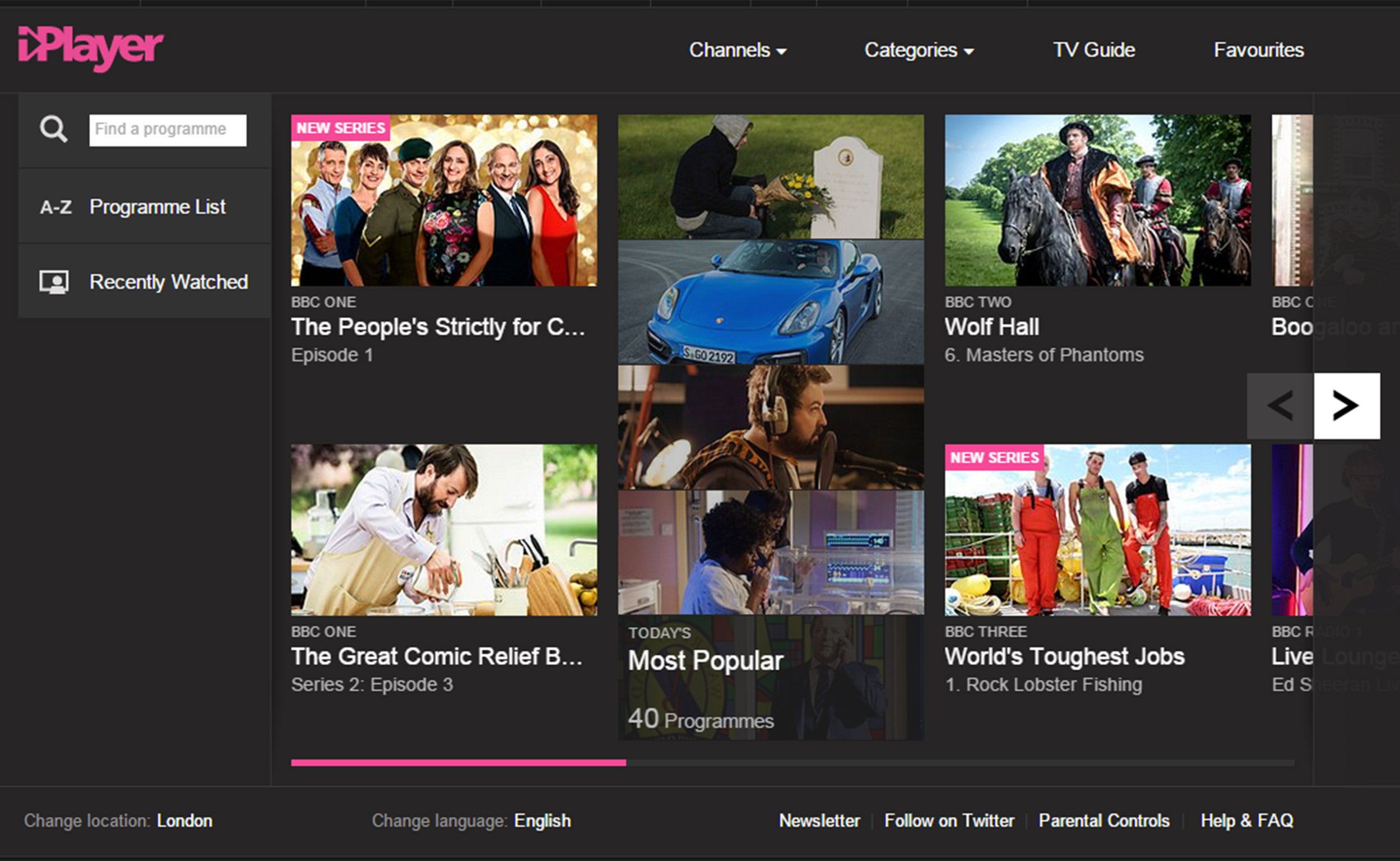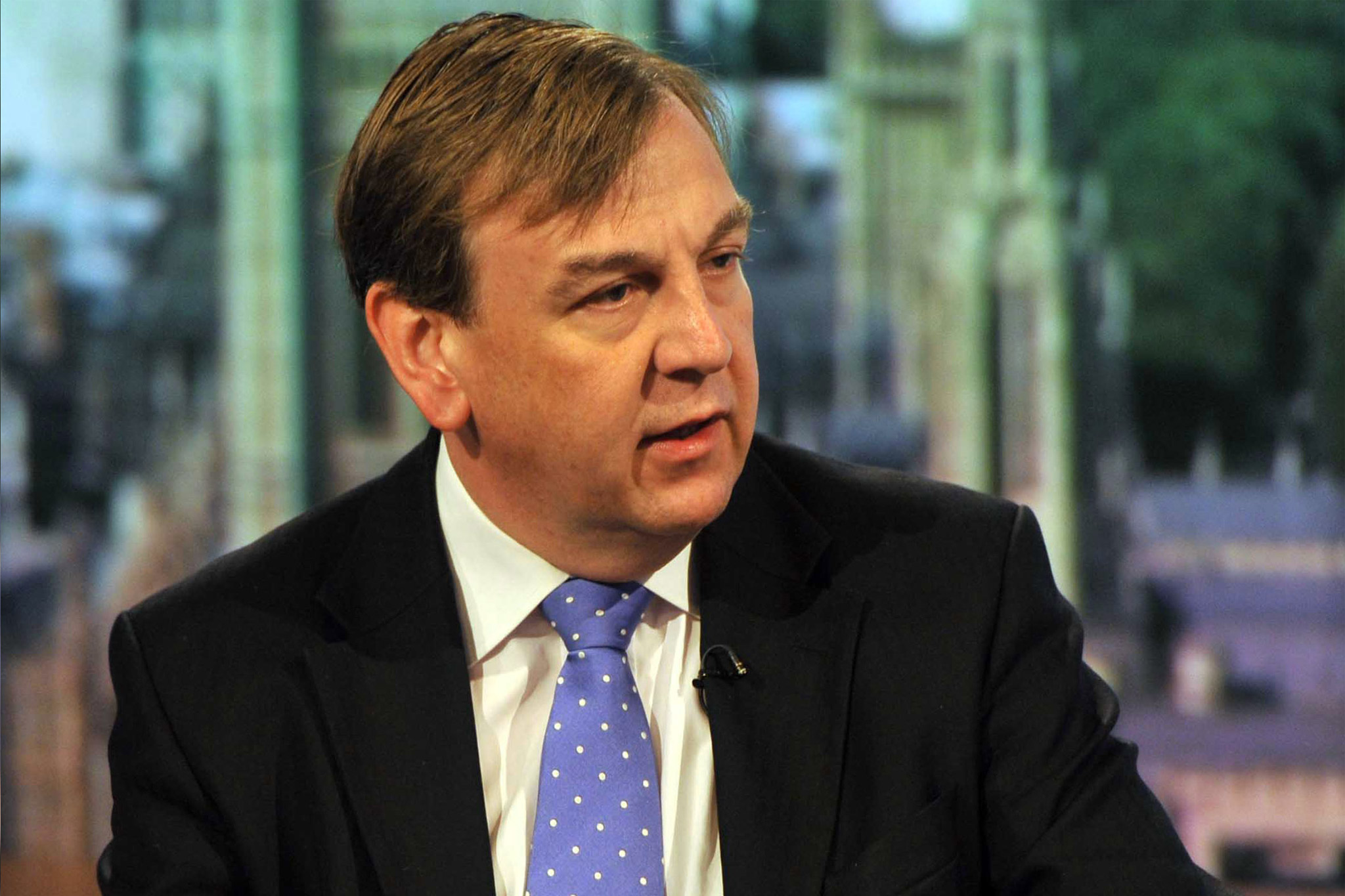BBC licence fee alternative should be paid by everyone – even if you don't watch TV
Culture, Media and Sport committee have called for a broadcasting levy paid by all households

Your support helps us to tell the story
From reproductive rights to climate change to Big Tech, The Independent is on the ground when the story is developing. Whether it's investigating the financials of Elon Musk's pro-Trump PAC or producing our latest documentary, 'The A Word', which shines a light on the American women fighting for reproductive rights, we know how important it is to parse out the facts from the messaging.
At such a critical moment in US history, we need reporters on the ground. Your donation allows us to keep sending journalists to speak to both sides of the story.
The Independent is trusted by Americans across the entire political spectrum. And unlike many other quality news outlets, we choose not to lock Americans out of our reporting and analysis with paywalls. We believe quality journalism should be available to everyone, paid for by those who can afford it.
Your support makes all the difference.The BBC licence fee should be replaced by a broadcasting levy on all households with additional “subscription” payments a possibility, an influential committee of MPs has found.
The Commons Culture, Media and Sport Committee has called for the BBC Trust's system of governance to be scrapped and recommended radical reforms to the corporation’s funding.
In a report published ahead of the debate over the renewal of the BBC’s Royal Charter, the Committee concluded that “in the short-term there is currently no better alternative to the licence fee but as a minimum the licence fee must be amended to cover catch-up television as soon as possible.”
A loophole currently means that people who only watch programmes through catch-up and on-demand services like the iPlayer are not required to pay the £145.50 licence fee.
“Criminal penalties and enforcement for non-payment of the licence is anachronistic and out of proportion with responses to non-payment for other services,” the report said. “However, decriminalisation needs to be accompanied by measures to prevent increased evasion.
“A broadcasting levy on all households is the preferred alternative but a degree of subscription for BBC services could be a possibility in the future.”
The BBC has introduced encryption technology to the iPlayer so that the estimated 500,000 UK homes where viewers do not have a TV set but watch the corporation’s programmes on-demand would have to start paying the licence fee. But Tony Hall, the Director-General, said this was not the first step in moving from the licence fee to a subscription model.

The committee concluded that the BBC Trust “should be abolished and new arrangements made for the governance, regulation and oversight of the BBC.”
The BBC should instead have “a unitary board with a non-executive Chair, who would be known as the BBC Chairman.”
The size and scope of the BBC should be reined in, the report said, to allow rival commercial operators to flourish. The BBC has “tried for too long to provide ‘something for everyone’: it should reduce provision in areas where others are better placed to deliver excellence and better value for money, and make bigger, braver decisions on its strategy.”
There remain “major questions to be answered about what justifies the close to £4 billion of public money spent on the BBC,” the report found.
The National Audit Office (NAO) must “now be given unrestricted access to the BBC to provide assurance that the Corporation is spending money wisely.”
John Whittingdale MP, Committee chair, said: “Over the last few years the BBC has suffered from a succession of disasters of its own making, yet it remains a widely admired and trusted institution, and fulfils many important functions both at home and abroad.
“There appears to be no realistic alternative to the licence fee, but that model is becoming harder and harder to justify and sustain. Decriminalisation of the licence fee should be linked to other measures to prevent an increase in evasion, possibly by introducing controls for access to television services and a move to a German-style household broadcasting levy.”

Mr Whittingdale added: “The BBC should tailor its output to what it does best, and not stray into areas that can and should be left to commercial providers to do well. It is pointless and wasteful having an organisation receiving that kind of public funding competing with - and potentially crowding out-other providers.
“The BBC Trust has failed to meet expectations and should be abolished. It remains far too close to the BBC and blurs accountability of the BBC rather than it being a sharp and effective overseer of the BBC’s performance as a public service institution.”
A BBC spokesman said: “This report confirms the importance of the BBC in national life and recommends maintaining and modernising the licence fee, something we have said is necessary.
“We’re grateful to the committee for endorsing our record for efficiency and maintaining the quality of programmes and services, and note members overwhelmingly voted against moving to a subscription funding model.”
A BBC Trust spokesman added: “We agree that there must be robust internal governance and independent regulatory oversight of the BBC. Charter Review will be when this and other issues are debated thoroughly, but we welcome this thoughtful and considered early contribution. In the meantime the Trust will continue to argue for a BBC that delivers accurate, independent and high quality content that provides something for everyone, underpinned by a universal funding model.”
Subscribe to Independent Premium to bookmark this article
Want to bookmark your favourite articles and stories to read or reference later? Start your Independent Premium subscription today.
Join our commenting forum
Join thought-provoking conversations, follow other Independent readers and see their replies
Comments